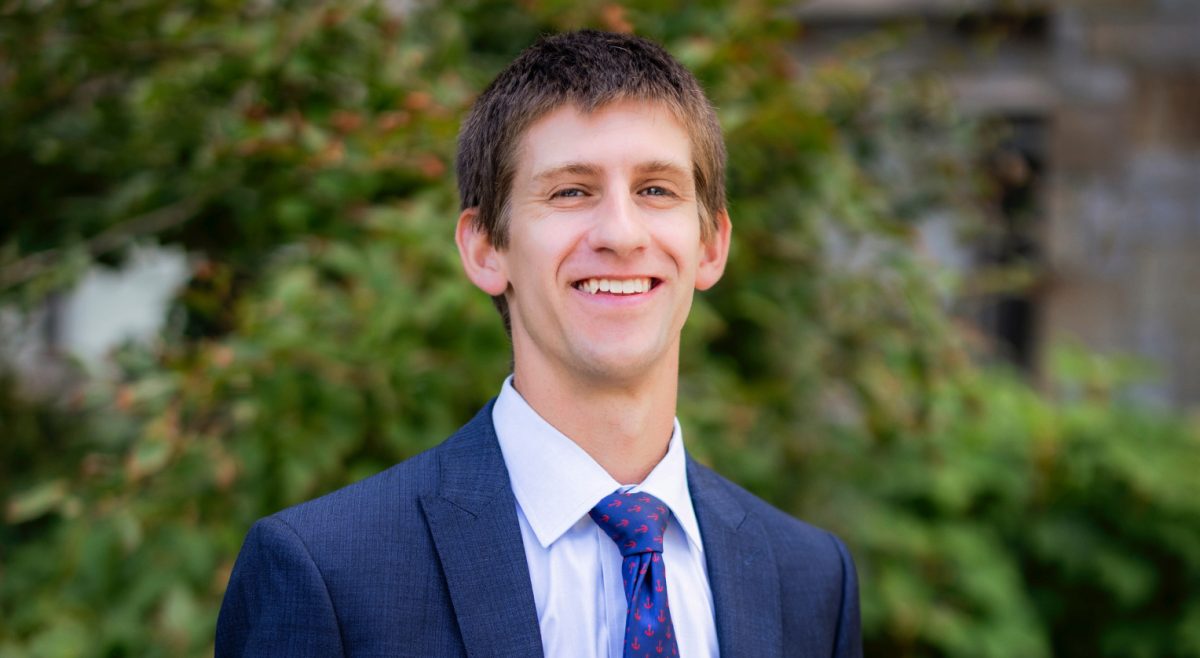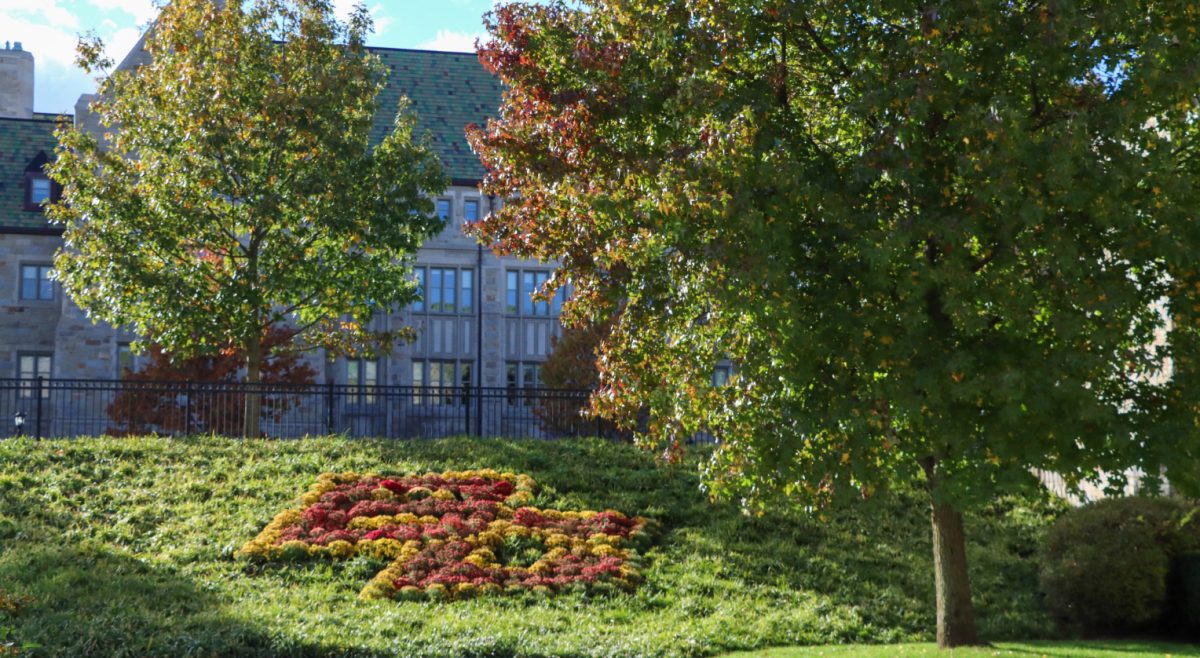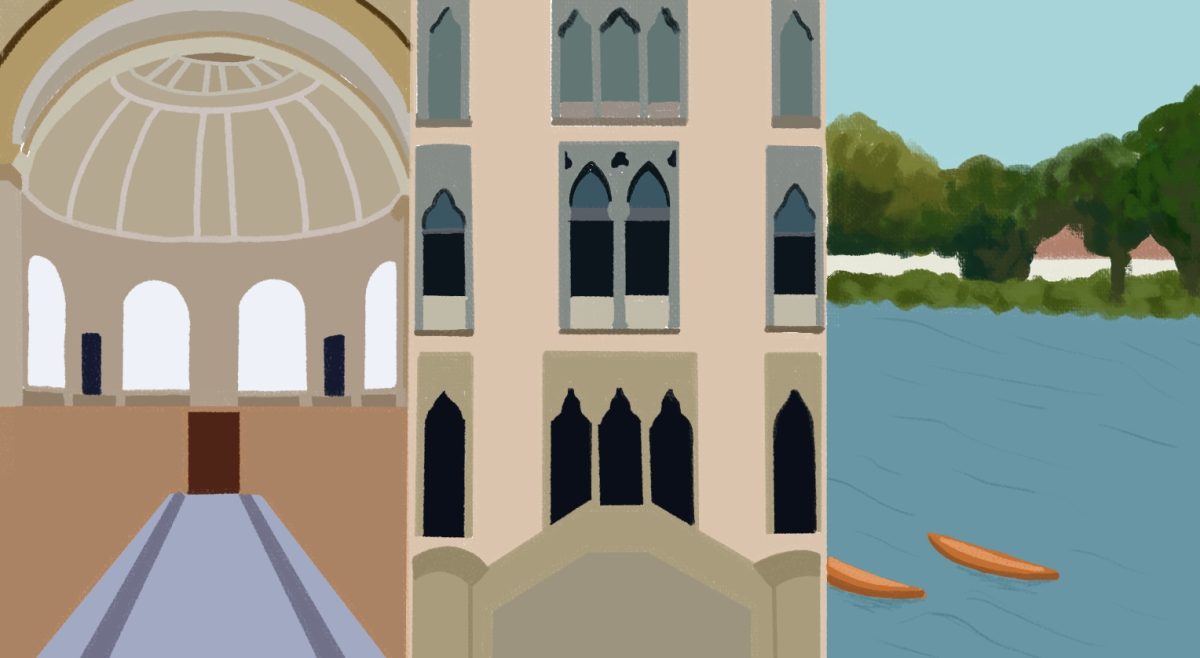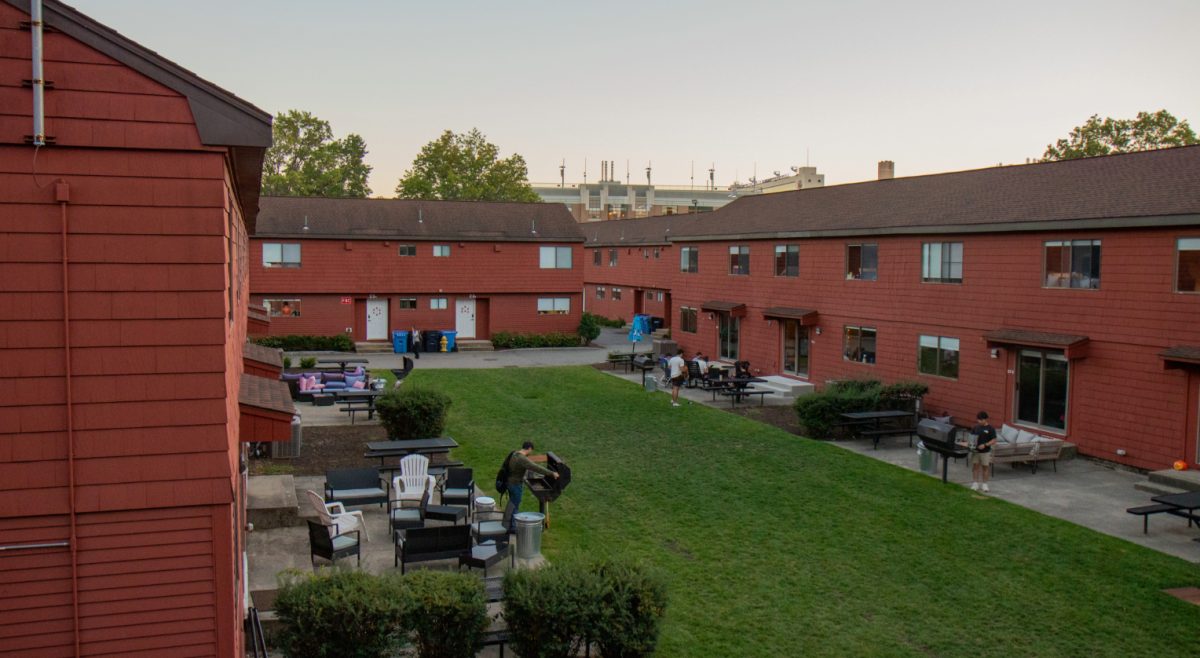From Boston College hookup culture to The Bachelor, no topic is off limits in Love, Gender, and Marriage, a new freshman core pilot class. Led by Treseanne Ainsworth of the English department and Franco Mormando of the romance language department, Love, Gender, and Marriage challenges students’ perspectives on traditional ideas about love.
Ainsworth teamed up with Mormando, who has taught a class on Love, Gender, and Marriage for a number of years at BC, to design this new course. Mormando’s original course focused on the biblical and classical traditions of love, while their core pilot course examines the evolution of love from its traditional heritage to modern day. This includes the examination of antiquated ideas of love, as well as ideas that have become an intrinsic part of our culture and understanding of love, such as the idea of love at first sight and a soulmate.
“We were really interested in looking at how traditional views towards love, gender, and marriage have both stayed the same and as well as changed over time,” Ainsworth said.
The structure of the class lent itself to intimate discussion. Meeting five times a week, the 19 students in the course grew into a tight-knit community that, Ainsworth notes, was quick to form its own GroupMe. By first examining excerpts from the Bible and ancient Greek literature, students delved into the origin of traditional ideas about marriage, gender roles, and romance. Under Ainsworth’s stewardship, students contrasted these traditional romantic concepts against modern love, reading New York Times articles, watching YouTube clips, and looking at studies that dealt with the evolution of love.
Amanda Amorosi, a self-proclaimed “hopeless romantic” and MCAS ’20, cites a discussion in the class about hookup culture as one of its most interesting lessons. Both Amorosi and Ainsworth agreed that students were enthusiastic about applying the “Love, Gender, and Marriage” lens to phenomena they witnessed in their own lives.
“For college students, especially freshmen coming onto a college campus for the first time, the whole dating relationship scene is built around hookup culture,” Ainsworth said. “Which in some ways does not fit into the tradition of love in antiquity, but in other ways, fits perfectly. Love on a college campus is an irrational, transitory state that is brief and fleeting, and in that respect, mirrors traditional concepts about love.”
At the end of the fall semester, each student wrote a research paper examining the tension between traditional and modern love, including the dating rituals of the 1950s and the chaos of 21st-century dating. Many students chose to write about the hookup culture. One student evaluated the long-distance relationship of her grandparents in post-revolutionary China, kept alive through letter writing for six years, in comparison to modern long-distance relationships that are maintained over social media.
Ainsworth described her class as an outlet for students in which the line between inside and outside of the classroom discussion dissolved and class conversations carried over into students’ lives.
“Students would often rush into class saying, ‘Everything we talk about in class I see all around me. Suddenly, I’m at a party or I’m watching TV and I want to take notes,’” Ainsworth said. “For a professor, that’s the best possible thing, to think that your students are going to use what they learned inside the classroom to think critically when they are out in the world.”
On weekend nights, she noted, a lot of what is learned in the classroom during the week tends to go “out the window,” and she hopes her students continue to reject that idea and use what they’ve learned in the real world.
Featured Image by Isabelle Lumb / Heights Staff












